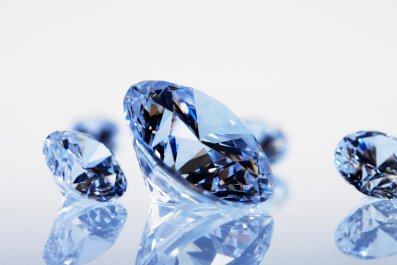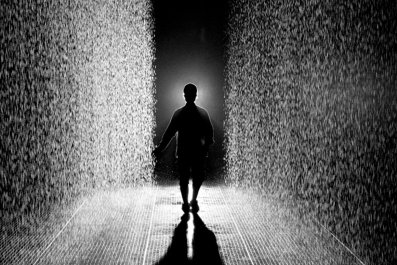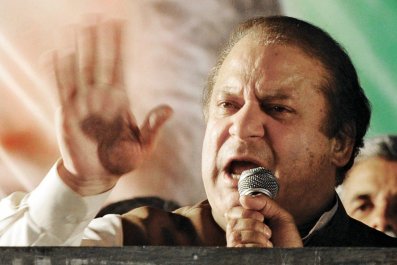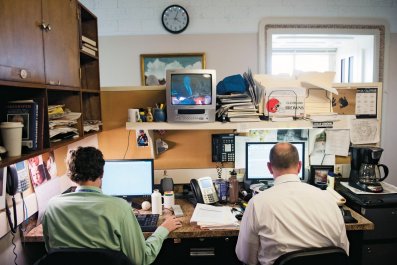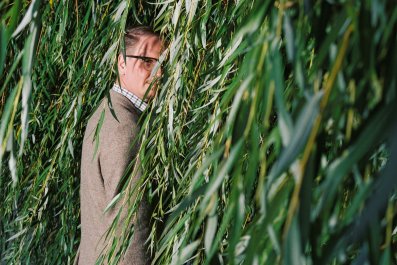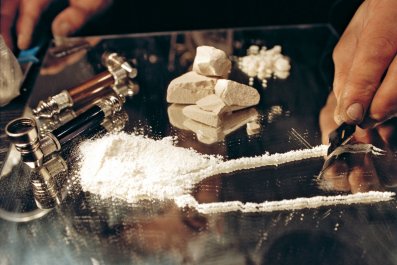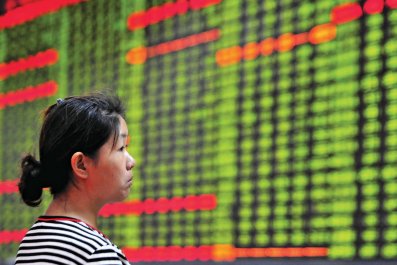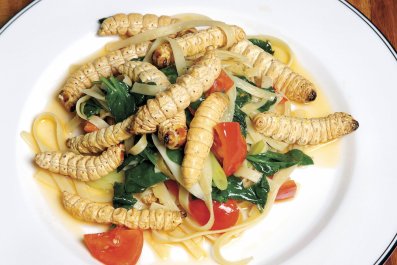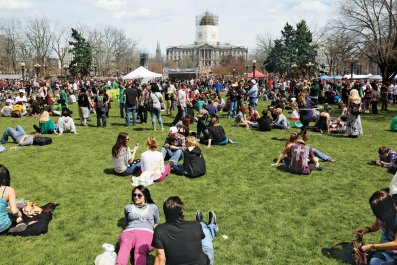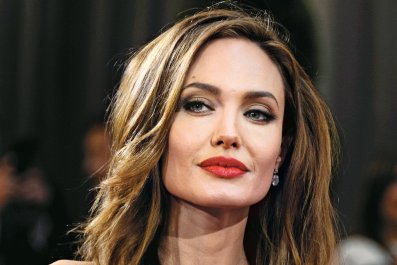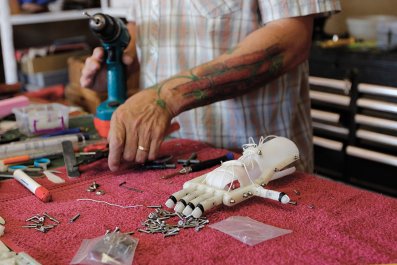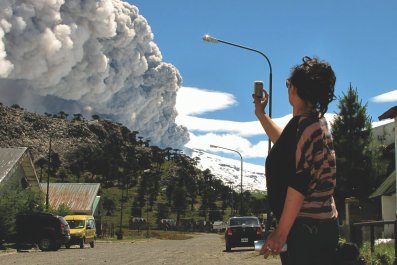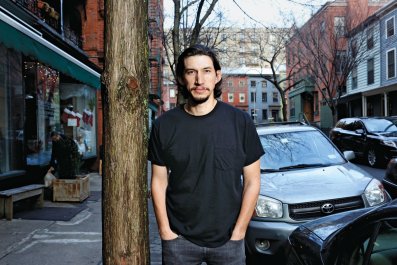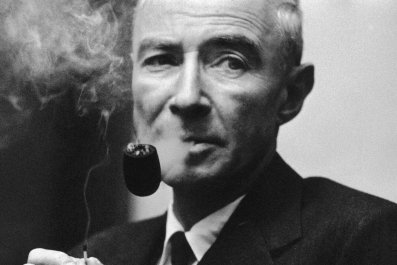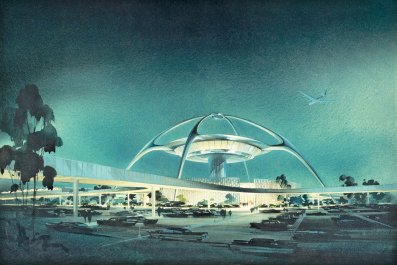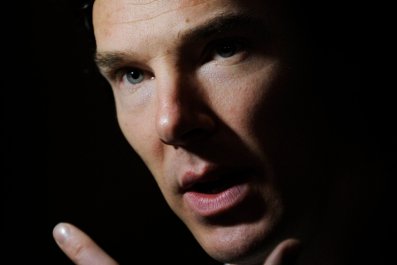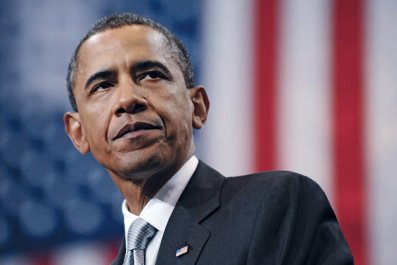One of the great products of human evolution is the grandparent, according to evolutionary anthropologist Paul Hooper at the Santa Fe Institute. This will no doubt come as a consolation of sorts for long-in-the-tooth baby boomers, but Hooper, 30, is not just looking for a way to mollify the old folks. One of the most fundamental facts of human development is that it's slow. Because the brain is the main advantage of the species, "human children need more time to develop," writes Hooper, "first to grow their brains, and then to fill them with the knowledge and skills necessary to be clever, competent adults." Even in the hunter-gatherer societies he has studied up close, children are rarely self-sufficient producers until they are in their late teens or early 20s. The grandparents play a critical support role, passing on accumulated knowledge to their children and their children's children. In Hooper's analysis, even menopause fits into this evolutionary construct: "Shutting down the reproductive system in the fifth decade of life spares parents the high cost of additional reproduction, allowing them to focus instead on supporting those offspring who are already out of the womb."
How Grandparents Shape Grandkids





